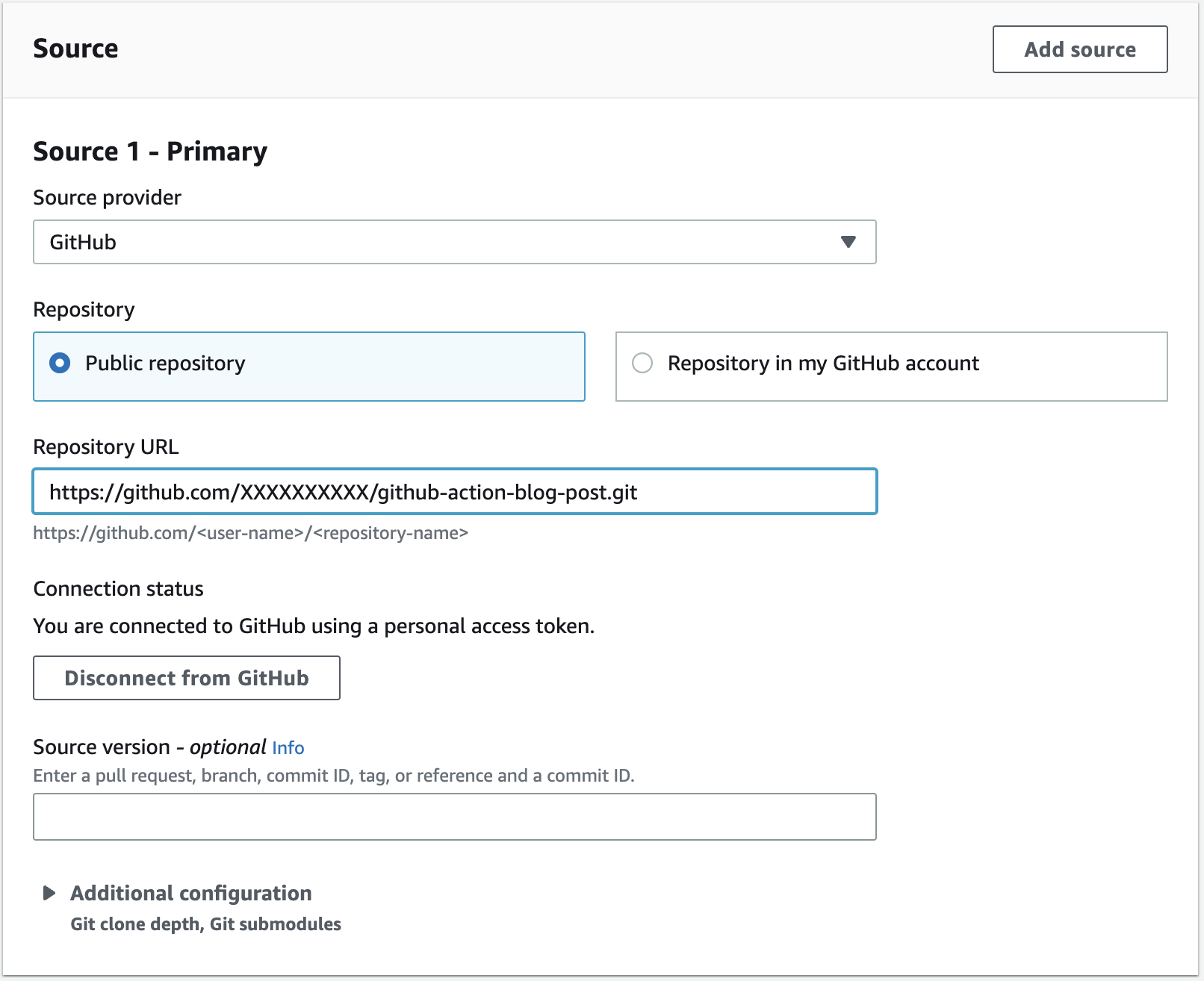 |
You can browse all upcoming AWS-led in-person and virtual events, and developer-focused events such as AWS DevDay. AWS Storage Day on August 9 – Join a one-day virtual event that will help you to better understand AWS storage services and make the most of your data. Register today. Open Source Updates
Last week, we introduced new open source projects and significant roadmap contributions to the Jupyter community. Updates in Amazon Aurora and Amazon OpenSearch Service – Following the announcement of updates to the PostgreSQL database in May by the open source community, we’ve updated Amazon Aurora PostgreSQL-Compatible Edition to support PostgreSQL 15.3, 14.8, 13.11, 12.15, and 11.20. These releases contain product improvements and bug fixes made by the PostgreSQL community, along with Aurora-specific improvements. You can also run OpenSearch version 2.7 in Amazon OpenSearch Service. With OpenSearch 2.7 (also released in May), we’ve made several improvements to observability, security analytics, index management, and geospatial capabilities in OpenSearch Service. AWS Global Summits – Sign up for the AWS Summit closest to your city: Hong Kong (July 20), New York City (July 26), Taiwan (August 2-3), São Paulo (August 3), and Mexico City (August 30). Take the AWS Blog Customer Survey
We’re focused on improving our content to provide a better customer experience, and we need your feedback to do so. Take our survey to share insights regarding your experience on the AWS Blog. AWS re:Invent 2023 – Join us to hear the latest from AWS, learn from experts, and connect with the global cloud community. Registration is now open. AWS Lambda detects and stops recursive loops in Lambda functions – In certain scenarios, due to resource misconfiguration or code defects, a processed event might be sent back to the same service or resource that invoked the Lambda function. This can cause an unintended recursive loop and result in unintended usage and costs for customers. With this launch, Lambda will stop recursive invocations between Amazon SQS, Lambda, and Amazon SNS after 16 recursive calls. For more information, refer to our documentation or the launch blog post. Upcoming AWS Events
Check your calendars and sign up for these AWS events:  AWS Community Days – Join a community-led conference run by AWS user group leaders in your region: Malaysia (July 22), Philippines (July 29-30), Colombia (August 12), and West Africa (August 19). New joint maintainership between Weaveworks and AWS for eksctl – Now the
AWS Community Days – Join a community-led conference run by AWS user group leaders in your region: Malaysia (July 22), Philippines (July 29-30), Colombia (August 12), and West Africa (August 19). New joint maintainership between Weaveworks and AWS for eksctl – Now the eksctl open source project has been moved from the Weaveworks GitHub organization to a new top level GitHub organization—eksctl-io—that will be jointly maintained by Weaveworks and AWS moving forward. The eksctl project can now be found on GitHub. Running GitHub Actions with AWS CodeBuild – Two weeks ago, AWS CodeBuild started to support GitHub Actions. You can now define GitHub Actions steps directly in the BuildSpec and run them alongside CodeBuild commands. Last week, the AWS DevOps Blog published the blog post about using the Liquibase GitHub Action for deploying changes to an Amazon Aurora database in a private subnet. You can learn how to integrate AWS CodeBuild and nearly 20,000 GitHub Actions developed by the open source community. For a full list of AWS announcements, be sure to keep an eye on the What’s New at AWS page. Last week, I watched a new episode introducing the Data Center Technician training program offered by AWS to train people with little or no previous technical experience in the skills they need to work in data centers and other information technology (IT) roles. This video reminded me of my first days of cabling and transporting servers in data centers. Remember, there are still people behind cloud computing. That’s all for this week. Check back next Monday for another Week in Review!  Amazon FSx for NetApp ONTAP Updates – Jeff Barr introduced Amazon FSx for NetApp ONTAP support for SnapLock, an ONTAP feature that gives you the power to create volumes that provide write once read many (WORM) functionality for regulatory compliance and ransomware protection. In addition, FSx for NetApp ONTAP now supports IPSec encryption of data in transit and two additional monitoring and troubleshooting capabilities that you can use to monitor file system events and diagnose network connectivity. To learn about weekly updates for open source at AWS, check out the latest AWS open source newsletter by Ricardo. Amazon CloudFront supports for 3072-bit RSA certificates – You can now associate their 3072-bit RSA certificates with CloudFront distributions to enhance communication security between clients and CloudFront edge locations. To get started, associate a 3072-bit RSA certificate with your CloudFront distribution using console or APIs. There are no additional fees associated with this feature. For more information, please refer to the CloudFront Developer Guide. Last Week’s Launches
Amazon FSx for NetApp ONTAP Updates – Jeff Barr introduced Amazon FSx for NetApp ONTAP support for SnapLock, an ONTAP feature that gives you the power to create volumes that provide write once read many (WORM) functionality for regulatory compliance and ransomware protection. In addition, FSx for NetApp ONTAP now supports IPSec encryption of data in transit and two additional monitoring and troubleshooting capabilities that you can use to monitor file system events and diagnose network connectivity. To learn about weekly updates for open source at AWS, check out the latest AWS open source newsletter by Ricardo. Amazon CloudFront supports for 3072-bit RSA certificates – You can now associate their 3072-bit RSA certificates with CloudFront distributions to enhance communication security between clients and CloudFront edge locations. To get started, associate a 3072-bit RSA certificate with your CloudFront distribution using console or APIs. There are no additional fees associated with this feature. For more information, please refer to the CloudFront Developer Guide. Last Week’s Launches
Here are some launches that got my attention: This survey is hosted by an external company. AWS handles your information as described in the AWS Privacy Notice. AWS will own the data gathered via this survey and will not share the information collected with survey respondents. The Data Centered: Eastern Oregon, a five-part mini-documentary series looking at the real-life impact of the more than billion investment AWS has made in the local community, and how the company supports jobs, generates economic growth, provides skills training and education, and unlocks opportunities for local businesses suppliers. Amazon DynamoDB local version 2.0 – You can develop and test applications by running Amazon DynamoDB local in your local development environment without incurring any additional costs. The new 2.0 version allows Java developers to use DynamoDB local to work with Spring Boot 3 and frameworks such as Spring Framework 6 and Micronaut Framework 4 to build modernized, simplified, and lightweight cloud-native applications. — Channy Karpenter now supports Windows containers – Karpenter is an open source flexible, high-performance Kubernetes node provisioning and management solution that you can use to quickly scale Amazon EKS clusters. With the launch of version 0.29.0, Karpenter extends the automated node provisioning support to Windows containers running on EKS. Read this blog post for a step-by-step guide on how to get started with Karpenter for Windows node groups. This post is part of our Week in Review series. Check back each week for a quick roundup of interesting news and announcements from AWS!


![[NEW UPDATE] Homepage#49 – Fashion Store Ready In Emarket WordPress Theme](https://technobabble.com.au/pacificlinerscom/wp-content/uploads/sites/9/2022/11/new-update-homepage49-fashion-store-ready-in-emarket-wordpress-theme-118x300.jpg)